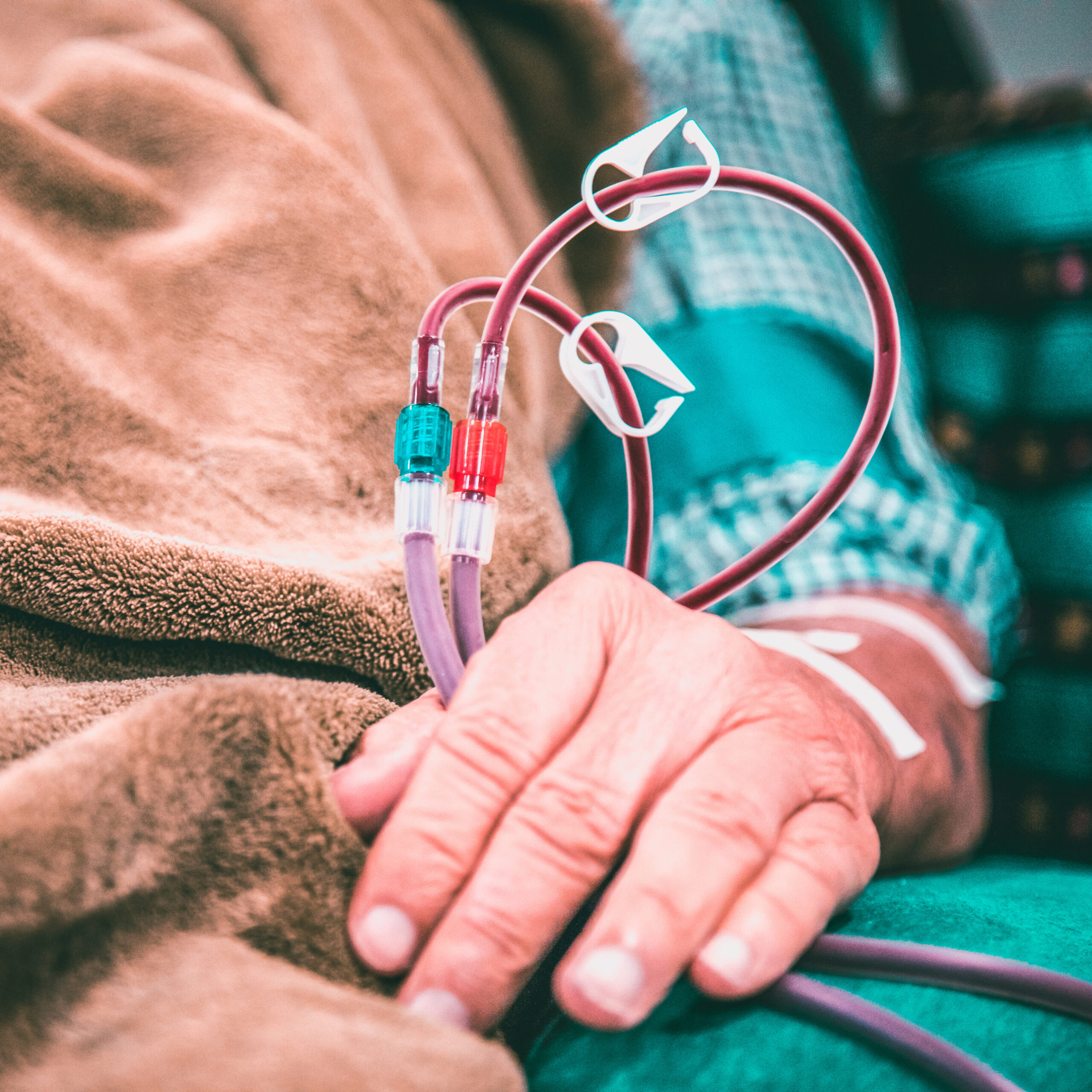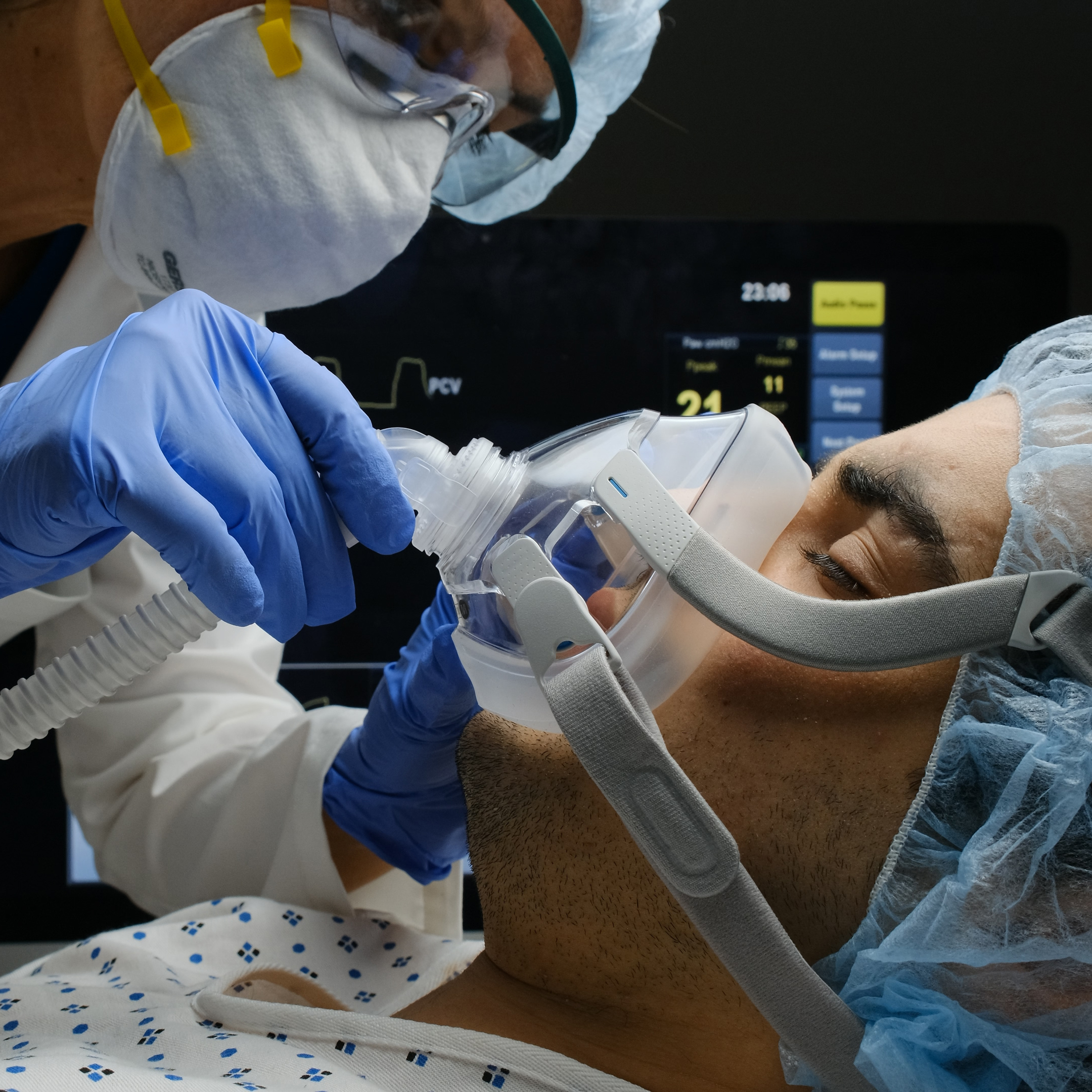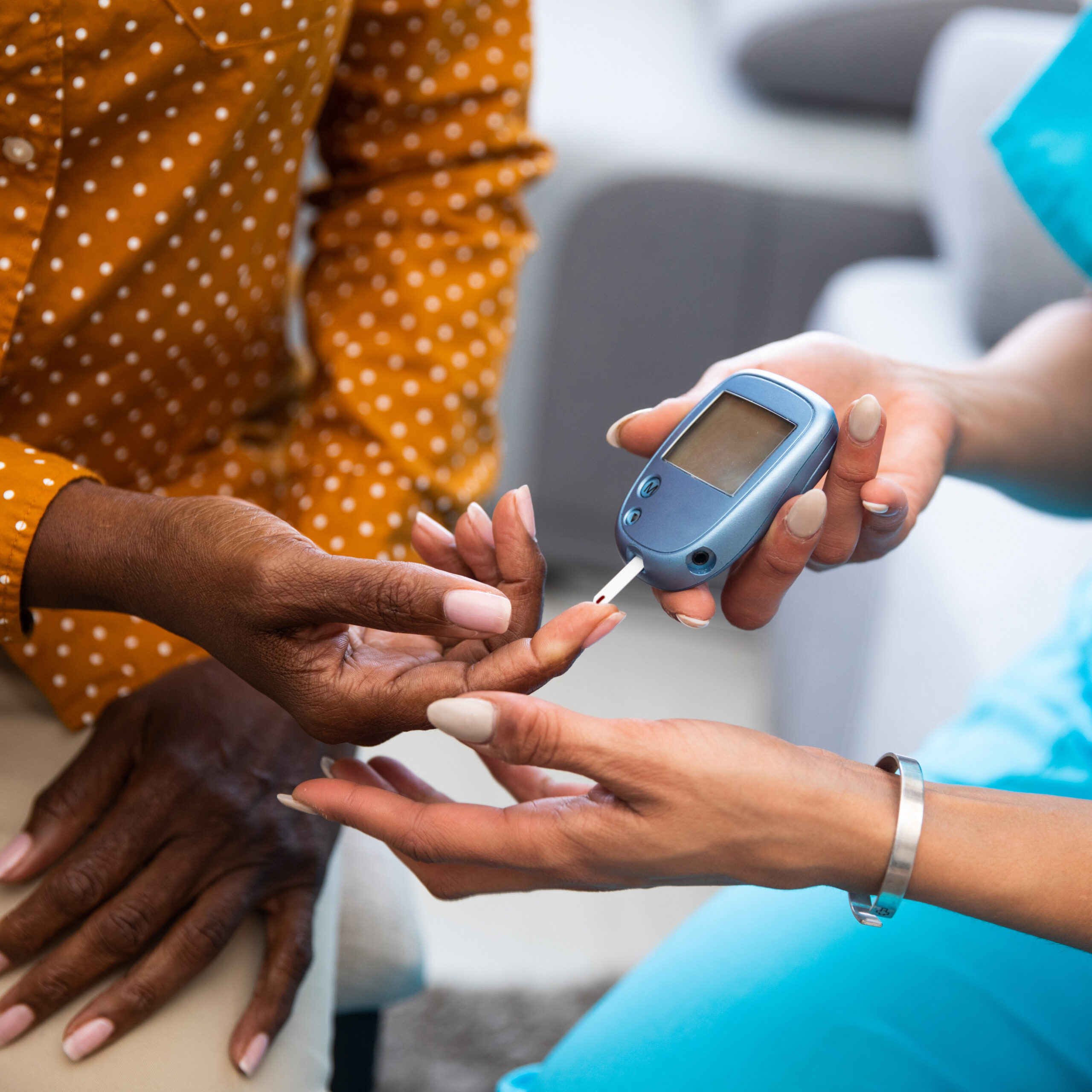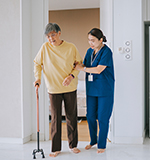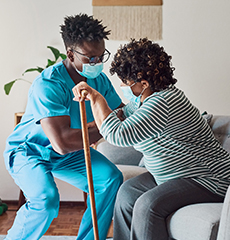HOME / SPECIALIZED CARE
Specialized Care
We provide focused care for patients with specific needs, such as diabetes care, fall prevention, oxygen monitoring, and more.




Specialized CareHemodialysis
California Transitional Care connects patients diagnosed with renal failure to hemodialysis service providers. In-home hemodialysis, which is the process of filtering waste, salt, and fluid from the blood, can also include dietary counseling, medication management, and personalized medical treatment. Each hemodialysis session is performed by a skilled nurse and takes about two hours when typically done at home (six or seven times a week). During the session, patients are welcome to read, nap, or watch TV. Patients who receive hemodialysis at night can sleep during the entire treatment.



























Specialized CareFall Prevention
Fall prevention is a critical part of treatment for individuals going through transitional care. Each patient is different and may require various assistive devices, equipment, and exercises to reduce their risk of a fall. California Transitional Care fall prevention services encompass medical assessment; exercises to strengthen the muscles, improve balance, and gait training; use of assistive devices, medication management, removal of home environmental hazards, behavioral therapy, and education. No matter the condition or age of the patient, our healthcare team will help each patient take the necessary steps to stay safe in their home.
Specialized CareRespiratory Care
Patients diagnosed with a condition that makes it difficult to breathe on their own, such as asthma, COPD, stroke, or acute respiratory distress syndrome (ARDS), require continued specialized care after they’ve been discharged from the hospital. Respiratory care encompasses a range of medical services, including bedside rehabilitation, oxygen therapy and monitoring, nebulizer and aerosol treatment, nocturnal support, and more. Each patient will be evaluated to determine their respiratory system needs and the California Transitional Care team will develop a personalized treatment plan.



























Specialized CareHigh-Flow Oxygen Monitoring
High-flow oxygen monitoring can be helpful for patients receiving high-flow, heated, and humidified oxygen therapy through a wide-bore nasal cannula, tracheostomy mask, facemask, or tracheostomy tube. California Transitional Care can connect patients in need of in-home high-flow oxygen monitoring after discharge from the hospital or other medical facility. During an in-home visit, the provider will assess the patient’s vital signs, document key metrics, ensure the patient is in an upright and comfortable position, make the necessary adjustments to oxygen and humidity levels, and address any issues that may arise.
Specialized CareDiabetes Care
California Transitional Care offers diabetes care to patients struggling to manage their condition. During a home visit, a nurse will assist with glucose monitoring and foot care, help the patient make and adhere to dietary changes, teach the patient ways to reduce their risk of complications, and provide tips for identifying early signs of complications. Our nurses will educate patients about the various levels of diabetes care and update family members and caregivers about changes in treatment. Transitional, in-home diabetes care is designed to keep patients as healthy and independent as possible.



























Specialized CareCardiac Health
In-home cardiac care services include comprehensive assessment, symptom and vital signs monitoring, reporting, medication management, physical therapy, patient education, and self-management treatment intervention. Patients who have recently undergone heart surgery or been diagnosed with hypertension, heart failure, cardiomyopathy, ischemic heart disease, and tachycardia may need cardiac care. Professional in-home cardiac care from California Transitional Care can help patients improve their quality of life, reduce symptoms, and prevent hospital readmission.
Specialized CareOrthopedic Care
Orthopedic care encompasses treatment for conditions affecting the nerves, joints, bones, muscles, ligaments, and tendons. In-home orthopedic care can help patients recovering from bone fractures, muscle strains, and carpal tunnel syndrome. Patients living with arthritis, joint and back pain, and limb abnormalities can also benefit from at-home treatment, such as exercises, medication, and personalized lifestyle changes. The California Transitional Care team will evaluate each patient’s condition before creating a custom treatment plan for orthopedic care.





















